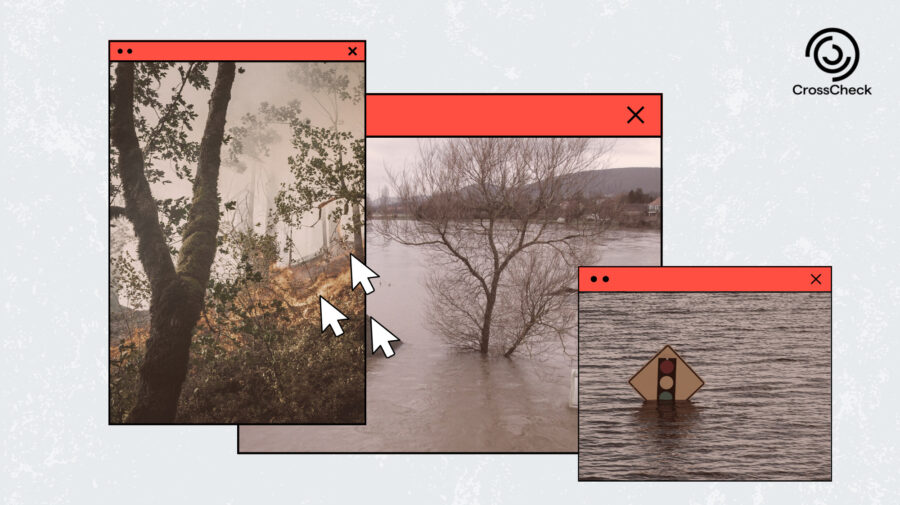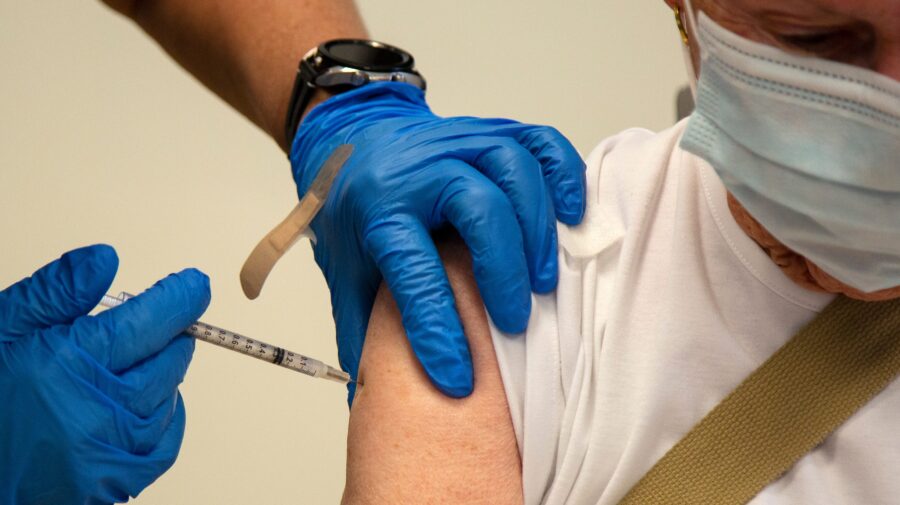Authors: Rory Smith, Seb Cubbon, Claire Wardle
Contributing researchers: Jack Berkefeld and Tommy Shane
First Draft is pleased to present a new piece of research that has identified dominant vaccine narratives on social media platforms in English, French and Spanish online communities which could erode public trust in a Covid-19 vaccine, and vaccines more generally. The research was conducted this summer by First Draft, amid growing concern that dangerous narratives and conspiracy theories may result in increasing vaccine skepticism.
- Executive summary: Under the surface: Covid-19 vaccine narratives, misinformation and data deficits on social media (PDF)
- Full report: Under the surface: Covid-19 vaccine narratives, misinformation and data deficits on social media (PDF)
Our research demonstrates the complexity of the vaccine information ecosystem, where a cacophony of voices and narratives have coalesced to create an environment of extreme uncertainty. Two topics are driving a large proportion of the current global vaccine discourse, especially around a Covid-19 vaccine: the “political and economic motives” of actors and institutions involved in vaccine development and the “safety, efficacy and necessity” concerns around vaccines.
Narratives challenging the safety of vaccines have been perennial players in the online vaccine debate. Yet this research shows that narratives related to mistrust in the intentions of institutions and key figures surrounding vaccines are now driving as much of the online conversation and vaccine skepticism as safety concerns. This issue is compounded by the complexities and vulnerabilities of this information ecosystem. It is full of “data deficits” — situations where demand for information about a topic is high, but the supply of credible information is low — that are being exploited by bad actors. These data deficits complicate efforts to accurately make sense of the development of a Covid-19 vaccine and vaccines more generally. When people can’t easily access reliable information around vaccines and when mistrust in actors and institutions related to vaccines is high, misinformation narratives rush in to fill the vacuum. The findings should act as a wake-up call as the world waits for a Covid-19 vaccine and sees routine immunization rates drop.
For detailed insights into vaccine online mis and disinformation, the tactics used by anti-vaccine interest groups and an in-depth analysis of the dominant narratives driving vaccine conversations in English, Spanish and Francophone communities, read the full report.






